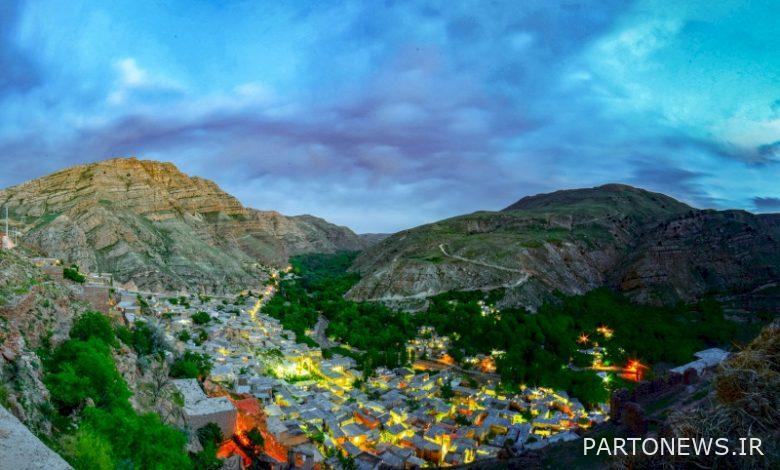Travel service offices are an effective factor in the development of the tourism industry

In today’s world, the success of the tourism industry must be sought in its pillars and components. Having the right attraction and infrastructure, although a necessary condition for attracting tourists, is not enough on its own. Meanwhile, companies and travel and tourism services offices have an effective role in creating a positive mental image in tourists and are considered as the forefront of a country’s tourism body and play a valuable role in the development of the tourism industry as a mediator. Travel and tourism services offices act as an intermediary between the main service providers (such as tour operators or transport companies and accommodation centers, etc.) on the one hand, and tourists on the other. They are in fact the forefront of the first applicants’ encounter with the tourism industry. The success or failure of these intermediaries has a profound effect on the success or failure of tourism destination programs and tourism service providers. By establishing a relationship between the supplier and the applicant, these offices actually shape the tourism market, and in cases where this market is already formed, they act as a boosting and transformative factor in the market. These offices, in contact with major tour operators, sell the tour packages offered by them and also sell the individual components of the trip on behalf of its individual suppliers, such as transportation companies, accommodation centers, and resellers.
The task of an intermediary in any industry is to transform the form of goods and services produced in that industry from a form that the applicant does not want to use.
Intermediaries provide a significant volume of goods and services from the main supplier and provide them to customers in the desired shape and volume. This is not so much the case in the tourism industry because the customer alone can go to the main supplier and make a purchase. More importantly, conventional intermediaries in other activities stock up on goods and services and then sell to the customer. In tourism, on the other hand, the broker only buys goods or services from the original supplier when the customer has ordered them. This has two benefits for the mediator. First, the intermediary does not need a significant working capital to buy and store the subject of the activity (airplane seats, hotel beds, etc.).
Second, the intermediary in the tourism industry has no obligation to the quality of the products that the customer has provided for the customer from the original supplier and the customer’s account is the main supplier. For example, a travel agency, as a ticket seller for an airline, is not responsible for flight delays.
The above features make the intermediary more trusted by the customer because he has no obligation to the supplier. This is a problem for the main provider because he can not count on the advice of the travel service to customers to use the service provided by him.
In fact, the main role of travel agencies is to provide a suitable place and situation for the customer to visit, to prepare the possibility of saving space in a tour program, to reserve a plane seat or hotel bed, and so on. The broker is also a source of information for customers, providing advice and guidance on how to better travel.
In view of the above, travel and tourism services offices have the role of facilitator in the distribution of services in the tourism industry and provide a suitable context for the applicants and suppliers.
In fact, if a travel agency does on a large scale what it normally does on a small scale, it will actually become a tour guide.
Therefore, these offices can play a worthy role in attracting more tourists to the country and also in the development of domestic tourism.
.

